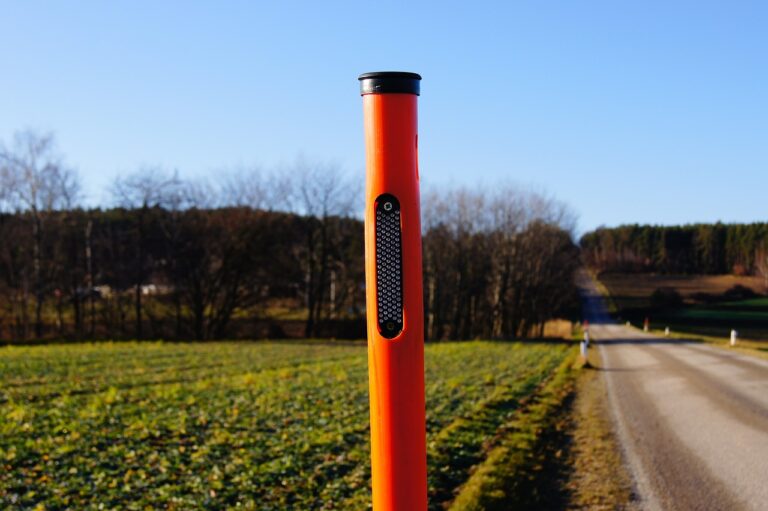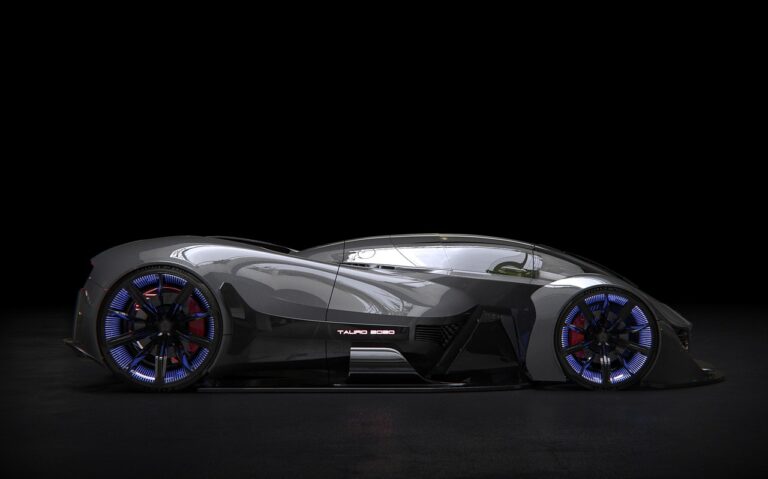The Best Autonomous Truck Concepts Showcased at Recent Auto Shows: Welcome 11xplay, Laser247. Com, World777.com registration
welcome 11xplay, laser247. com, world777.com registration: Autonomous trucks have been making quite a buzz in the automotive industry in recent years. With advancements in technology, many automakers are showcasing their futuristic truck concepts at various auto shows around the world. These autonomous trucks promise to revolutionize the way goods are transported, making the process safer, more efficient, and environmentally friendly.
At recent auto shows, several autonomous truck concepts have caught the attention of enthusiasts and industry experts alike. These concepts boast cutting-edge technology, innovative designs, and unique features that set them apart from traditional trucks. Let’s take a look at some of the best autonomous truck concepts showcased at recent auto shows.
1. Volvo Vera
Volvo’s Vera autonomous truck concept is designed specifically for short-haul transport in ports, factories, and logistics centers. This electric-powered truck does not have a cab for a driver, making it fully autonomous. It features a sleek and aerodynamic design, with sensors and cameras integrated throughout the vehicle for navigation and monitoring. The Vera concept aims to make transportation more efficient and sustainable by reducing emissions and improving safety.
2. Daimler’s Freightliner Inspiration Truck
Daimler’s Freightliner Inspiration Truck is another impressive autonomous truck concept that has been showcased at auto shows. This truck features Level 4 automation, which means it can operate without human intervention under certain conditions. The Freightliner Inspiration Truck boasts advanced technologies such as radar, cameras, and lidar sensors to navigate roads safely. With its futuristic design and innovative features, this concept truck represents the future of long-haul transportation.
3. Tesla Semi
Tesla’s Semi truck is one of the most anticipated autonomous truck concepts in the industry. This all-electric semi-truck boasts impressive performance figures, including a range of up to 500 miles on a single charge and acceleration from 0 to 60 mph in just 5 seconds. The Tesla Semi features advanced autopilot capabilities, including lane-keeping assistance and automatic emergency braking. With its sleek design and cutting-edge technology, the Tesla Semi is set to revolutionize the trucking industry.
4. Einride’s T-Pod
Einride’s T-Pod is a unique autonomous truck concept that stands out for its innovative design. This electric-powered truck does not have a cab for a driver, making it fully autonomous. The T-Pod features a modular structure that can be customized for various transport needs, from trucking to public transportation. With its compact size and futuristic design, the T-Pod is a promising solution for sustainable and efficient transportation.
5. Waymo Via
Waymo’s Via autonomous truck concept is part of the company’s efforts to expand its self-driving technology into the trucking industry. Waymo Via aims to provide a safer and more efficient way to transport goods on highways. This concept truck features advanced sensors and AI algorithms to navigate roads and interact with other vehicles safely. With Waymo’s proven track record in autonomous driving technology, the Via concept is poised to lead the way in autonomous trucking.
6. Amazon’s Customized Delivery Solutions
Amazon has also been exploring autonomous truck concepts as part of its efforts to revolutionize the delivery industry. The e-commerce giant has been working on developing customized delivery solutions that incorporate autonomous trucks for last-mile deliveries. By leveraging advanced technologies such as AI and robotics, Amazon aims to make deliveries faster, more efficient, and environmentally friendly. With its vast resources and innovative approach, Amazon is set to disrupt the delivery industry with its autonomous truck concepts.
7. Ford’s Autonomous Delivery Robot
Ford has been experimenting with autonomous delivery robots as part of its autonomous truck concepts. These robots are designed to work in conjunction with autonomous trucks to deliver packages to customers’ doorsteps. The robots can navigate sidewalks and stairs safely, making the last-mile delivery process more efficient. By combining autonomous trucks with delivery robots, Ford aims to provide a seamless and convenient delivery experience for customers.
8. Mercedes-Benz Future Truck
Mercedes-Benz’s Future Truck concept is a vision of what autonomous trucks could look like in the future. This concept features Level 5 automation, which means it can operate without human intervention in all conditions. The Future Truck boasts a luxurious and futuristic design, with advanced technologies such as AI assistants and holographic displays. With its cutting-edge features and innovative design, the Mercedes-Benz Future Truck is a glimpse into the future of autonomous trucking.
9. Toyota’s Project Portal
Toyota’s Project Portal is an autonomous truck concept that focuses on hydrogen-powered fuel cell technology. This concept truck is designed for heavy-duty transport, with impressive performance and range figures. Project Portal aims to reduce emissions and promote sustainable transportation through hydrogen fuel cell technology. With Toyota’s commitment to innovation and sustainability, Project Portal represents a promising solution for the future of autonomous trucking.
10. Nikola Motor Company’s Badger
Nikola Motor Company’s Badger is a unique autonomous truck concept that combines hydrogen fuel cell and battery electric technologies. This concept truck boasts impressive performance figures, including a range of up to 600 miles on a single charge and acceleration from 0 to 60 mph in just 2.9 seconds. The Badger features advanced autonomous driving capabilities, including lane-keeping assistance and adaptive cruise control. With its innovative design and cutting-edge technology, the Badger is set to redefine the trucking industry.
Conclusion
Autonomous truck concepts showcased at recent auto shows have demonstrated the potential for transforming the trucking industry. With advanced technologies, innovative designs, and unique features, these concepts promise to make transportation safer, more efficient, and environmentally friendly. From electric-powered trucks to hydrogen fuel cell technologies, autonomous trucks are shaping the future of transportation. As automakers continue to push the boundaries of innovation, we can expect to see more groundbreaking autonomous truck concepts in the coming years.
FAQs
Q: Are autonomous trucks safe?
A: Autonomous trucks are equipped with advanced technologies such as sensors, cameras, and AI algorithms to navigate roads safely. While there are still challenges to overcome, such as regulatory issues and technical limitations, autonomous trucks have the potential to be safer than traditional trucks in the long run.
Q: When will autonomous trucks become mainstream?
A: The timeline for mainstream adoption of autonomous trucks is still uncertain, as it depends on various factors such as regulatory approval, infrastructure development, and consumer acceptance. However, many automakers and tech companies are actively working on developing autonomous truck technologies, so we can expect to see more autonomous trucks on the roads in the near future.
Q: How will autonomous trucks impact the job market?
A: The rise of autonomous trucks raises concerns about the impact on jobs in the trucking industry. While autonomous trucks have the potential to improve efficiency and reduce costs, they could also lead to job displacement for truck drivers. However, there may be opportunities for new roles in managing and maintaining autonomous trucks, as well as in related industries such as logistics and technology.
Q: What are the environmental benefits of autonomous trucks?
A: Autonomous trucks have the potential to reduce emissions and promote sustainable transportation. With advancements in electric-powered and hydrogen fuel cell technologies, autonomous trucks can help decrease greenhouse gas emissions and improve air quality. By optimizing routes and reducing idle time, autonomous trucks can also contribute to energy efficiency and environmental conservation.







